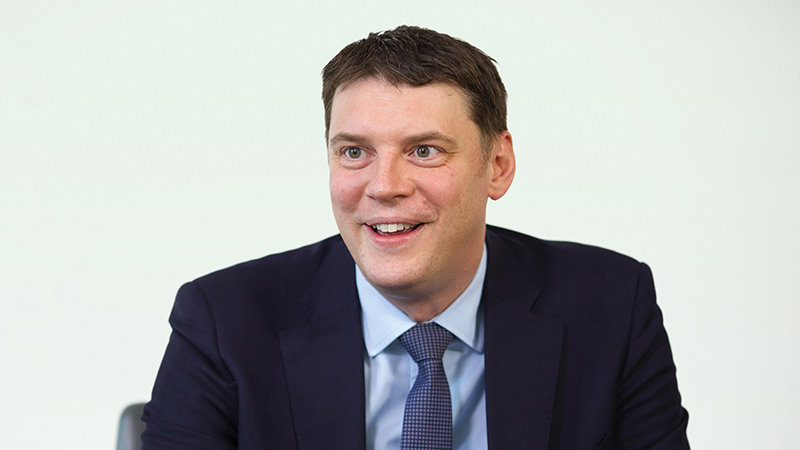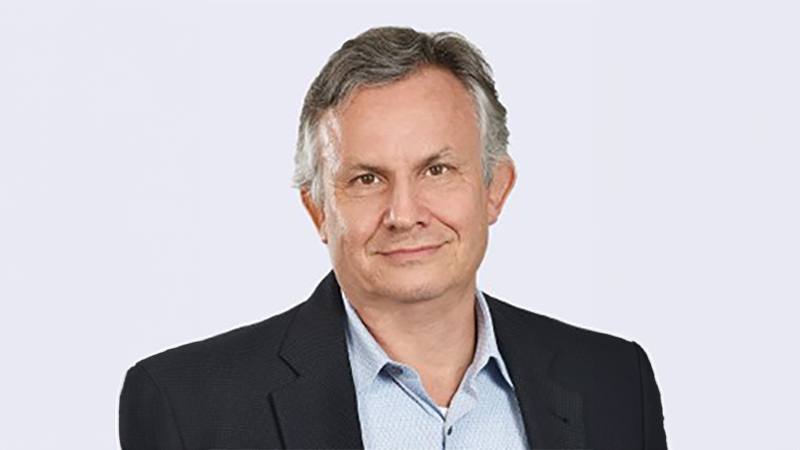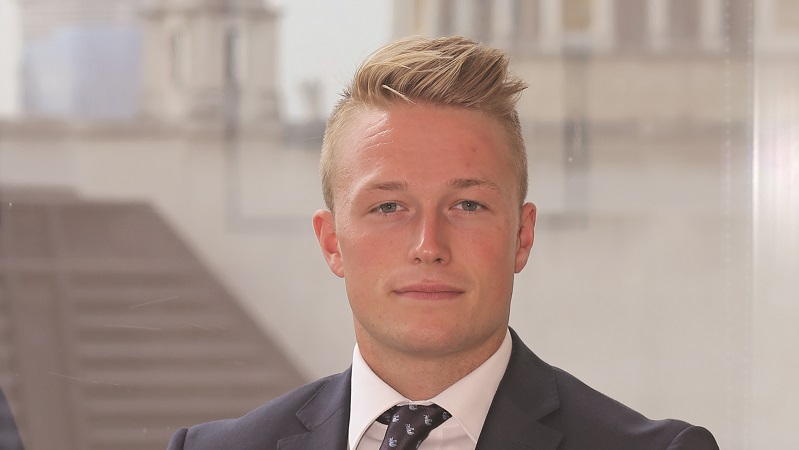Climate change made front page news in 2019, both in terms of its effects and the increasingly strenuous efforts from governments, citizens and companies to solve it. It is clear that international capital has a transformative role to play in encouraging global corporates to take action.
Last year, a number of investment management groups integrated environmental, social and governance considerations across all their portfolios.
Schroders has been at the forefront of this change but its new Global Energy Transition Fund, managed by Alexander Monk and Mark Lacey, takes this a step further. It targets companies involved in the transition from fossil fuels to renewables: a trend, it believes, will build momentum as governments, consumers and investors recognise that switching to more sustainable energy is essential to preserve the planet, but also makes sound economic sense.
The group estimates that around $120trn will be deployed in this transition between now and 2050. Monk says: “Energy transition is about more than renewables. It also includes areas such as energy equipment, transmission and distribution, energy storage, smart grid technologies and electric vehicle charging.”
The fund will harness three significant global trends: the decarbonisation of power generation; the electrification of energy use; and increased energy efficiency. Monk points out that, today, electricity only makes up around 20% of the energy mix, while electric cars will place significant demands on energy production.
“A huge amount has to happen to make the grid more robust,” he says. “At the same time, we need to create greater efficiency in the energy system. Around 5-10% of energy is lost in transmission. Solar panels on the roof produce power at the point of use. We are trying to capitalise on companies investing in this trend.”
The fund aims for ‘pure’ exposure – completely fossil fuel- and nuclear-free – but Monk says that prior to launch, the team sought to ensure the universe was sufficiently broad.
“When creating a thematic universe, it has to be not too wide and not too narrow. We couldn’t just focus on a region or, say, renewable energy. We want to ensure we are picking a theme with longevity that is broad enough to have flexibility within it.”
From the 120 stocks in the fund’s focused universe, the fund invests in between 30 and 50. At the moment, it is closer to 30, but as the universe grows – and Monk expects it to – it may have more.
“An active approach is fundamental,” he says. “There will be real winners and losers from this theme. It is also important to ensure that we are appropriately focused on valuations. We’re not just investing because we want exposure to a specific area, but because investments make sense from a valuation perspective.”
The fund should be in a position to benefit from the huge amount of capital being directed to this area, Monk argues, plus policy support and consumer demand. He says: “It is a powerful environment for companies seeking capital. We believe we are starting to see an inflection point.”
Up close and personal
Greatest passion: Geography. The way the world works never stops amazing me and so many of its issues and solutions can be understood through geography.
What was your first job? Manually calculating inflation for a Cost of Living consultancy.
One thing most people don’t know about you: My front teeth are all fake, following an unfortunate golfing accident.
The biggest influence in your professional career? Heike Reichelt, head of new product development at the World Bank. She taught me that at their core, financial markets should always serve a social purpose.
Favourite book: The Old Man and the Sea. There are an impressive number of profound life lessons inside this tiny book.











